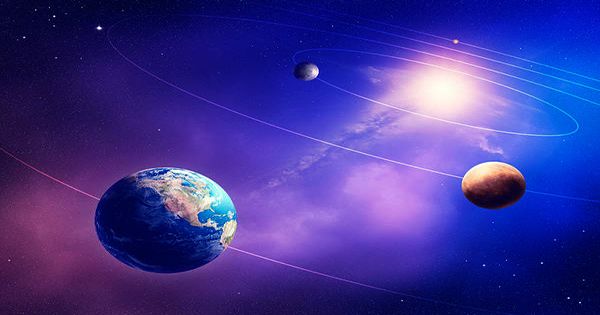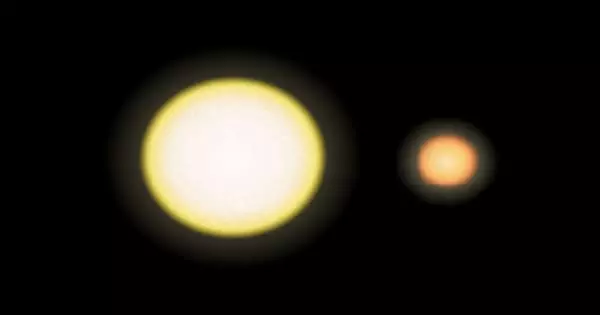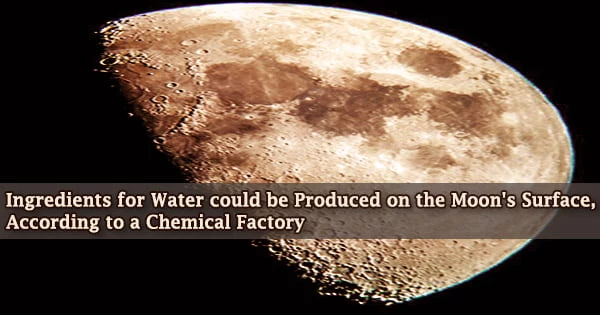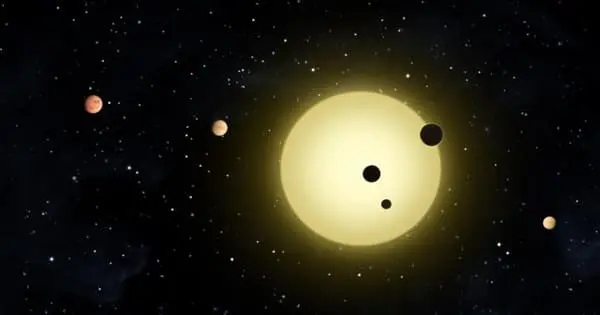One of the many ways the climate issue is playing out is that the Earth is losing its luster. This is both poetic and alarming. Since the industrial revolution, the indiscriminate release of greenhouse gases has actually dimmed our world. The albedo of the Earth is the amount of light that it reflects back to the sun. Earth’s albedo has decreased by 0.5 percent in the last two decades. Geophysical Research Letters published the study’s findings.
The albedo of the Earth studied using two approaches. One based on the measurement of earthshine, which is the weak lighting of the moon’s night side caused by light reflected from our planet. This is a wide-angle reflectivity observed by the Big Bear Solar Observatory in Southern California between 1998 and 2017. The other data comes from NASA’s Clouds and Earth’s Radiant Energy System (CERES) satellite, which is more sensitive to narrower angles. When the two combined, it was clear what was going on, and the unexpected change in sunlight mirrored.
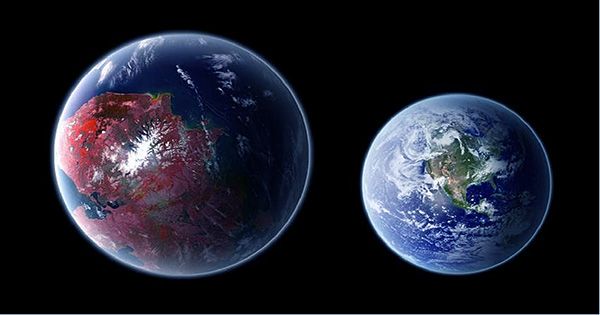
“After 17 years of essentially flat albedo, the albedo decline was such a surprise to us when we evaluated the past three years of data,” lead author Philip Goode, a researcher at New Jersey Institute of Technology, said in a statement.
Our planet’s energy budget is malfunctioning, as we all know. Because of the greenhouse gases in the atmosphere, much more sunlight reaching Earth is trapped than reflected into space. According to the CERES research, the drop in albedo is thought to be due to a decrease in bright, reflective low-lying clouds over the eastern Pacific Ocean in recent years.
This is alarming. Climate change is thought to cause cloudier skies, which would increase albedo. This may not have been enough to bring things back into balance, but it may have given us more time to get our house in order. The contrary appears to be true.
Because of anthropogenic global warming diminishing the quantity of reflecting clouds, our earth traps even more heat. The impact of a lower albedo could be severe enough to cause us to underestimate the effects of climatic crises. To address the escalating situation, bold action is required, and the time for such changes has arrived. Governments all throughout the world must take action to avoid the worst-case outcomes.
